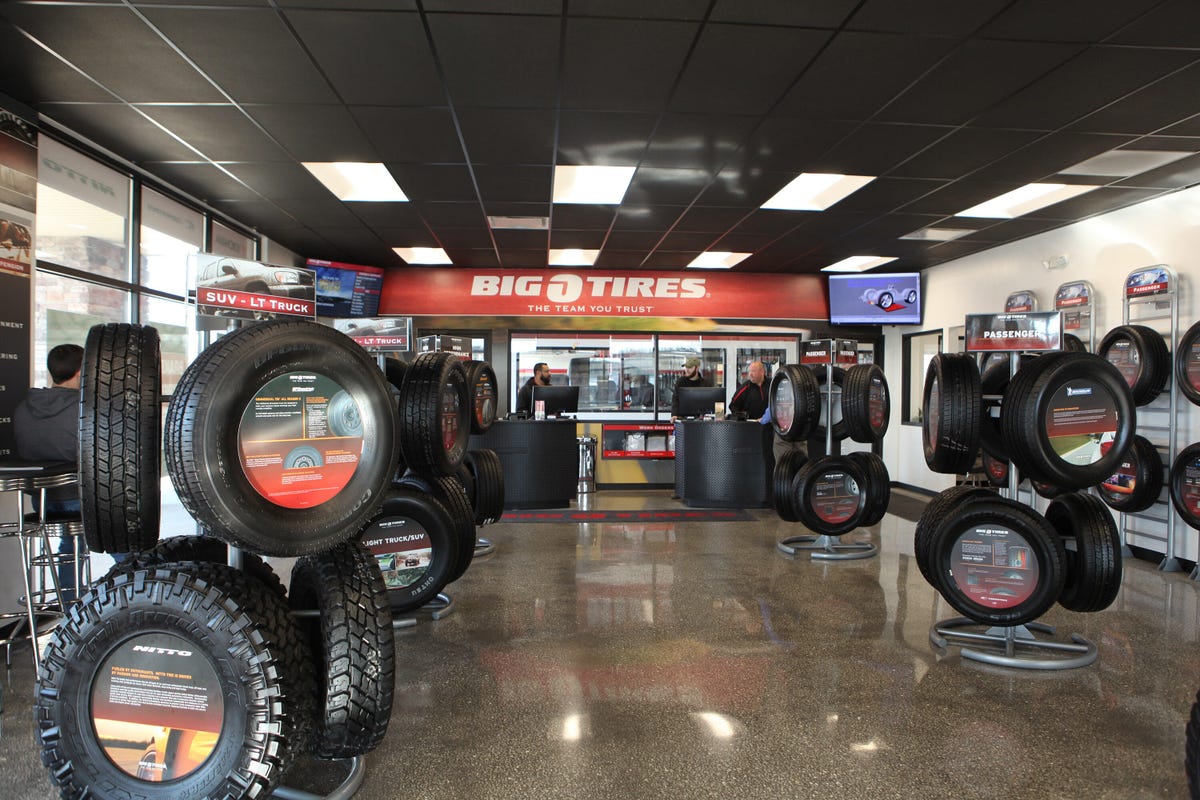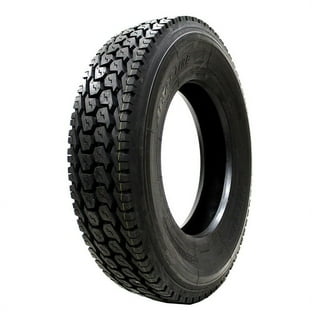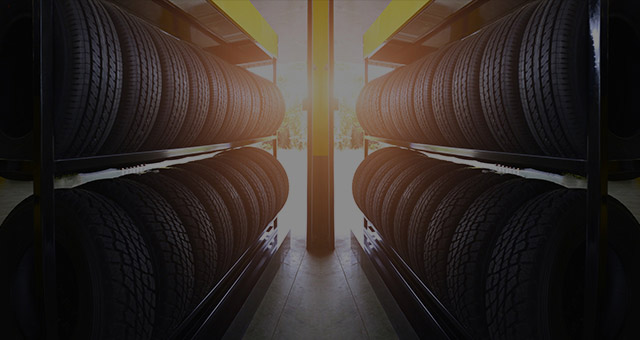Obtain Professional Tire Solutions at Tire Shop Morris: Contentment Assured
Obtain Professional Tire Solutions at Tire Shop Morris: Contentment Assured
Blog Article
Tire Solution: Comprehending Tire Pressure Surveillance Solutions
Recognizing Tire Pressure Tracking Systems (TPMS) is an essential element of preserving optimum car efficiency and safety when traveling. With advancements in vehicle modern technology, TPMS has come to be a typical function in modern-day lorries, offering real-time information on tire stress degrees. Delving deeper into the details of TPMS, one can uncover the various elements that comprise this system and the relevance of each in guaranteeing precise surveillance. From straight to indirect TPMS systems, the landscape of tire stress monitoring varies, each with its special collection of factors to consider and benefits. Stay tuned to unwind the intricacies of TPMS, from maintenance ideas to the obvious advantages of maintaining your tires effectively inflated. tire shop morris.

Relevance of TPMS
The significance of Tire Stress Surveillance Equipments (TPMS) depends on their capacity to improve automobile security and performance via real-time surveillance of tire stress levels. Maintaining the correct tire pressure is crucial for ensuring optimum handling, braking, and overall safety and security of an automobile. TPMS offers drivers with prompt feedback on any kind of overinflated or underinflated tires, permitting timely adjustments to be made.
Elements of TPMS
Making up various essential aspects, a Tire Stress Monitoring System (TPMS) works as an innovative safety feature in contemporary automobiles. The major components of a TPMS include sensors, a control module, and a caution indication. Sensing units are generally located in the tire shutoff stem or connected to the wheel assembly, where they measure tire pressure and transfer data to the control module. The control component procedures this details and causes a caution if it spots substantially reduced stress in any one of the tires. The warning indicator, commonly an icon on the dashboard, notifies the motorist to examine the affected tire or tires. Some progressed TPMS versions additionally present the actual tire stress analyses for each and every tire, supplying drivers with real-time details to ensure optimal tire performance and security. By keeping track of tire pressure constantly, TPMS assists protect against crashes, reduces tire wear, and enhances fuel effectiveness, making it a vital element for car safety and performance.
Sorts Of TPMS

On the various other hand, indirect TPMS relies on the automobile's wheel rate sensing units to check tire pressure. This system discovers underinflation this article by comparing the rotational rates of the wheels. Indirect TPMS is much less pricey than straight TPMS, as it utilizes existing sensors within the vehicle.
While direct TPMS provides much more precise readings, indirect TPMS is easier in style and normally calls for much less additional resources upkeep. Both systems have their benefits and constraints, and the option between them typically depends upon aspects such as expense, automobile make, and individual choice. Understanding the differences between these 2 kinds of TPMS can aid automobile proprietors make notified decisions concerning tire maintenance and safety.
TPMS Upkeep Tips
Conduct regular checks on the tire pressure levels and compare them with the TPMS analyses to ensure they are constant. Throughout tire turning or substitute, make sure that the TPMS parts are dealt with very carefully to protect against any prospective damage. If the TPMS alerting light brightens on the control panel, resolve the issue promptly by checking the tire pressures and the overall system for any faults.
Benefits of Proper Tire Pressure
Keeping appropriate tire stress, as highlighted in TPMS Maintenance Tips, is important for reaping the countless benefits linked with ideal tire stress degrees. Additionally, proper tire pressure ensures even tire wear, prolonging the lifespan of the tires and advertising safer driving conditions. In verdict, the benefits of appropriate tire stress go beyond simply tire longevity; they include boosted fuel efficiency, enhanced security, far better vehicle performance, and general driving convenience.
Verdict
Finally, comprehending tire stress surveillance systems (TPMS) is essential for maintaining optimal tire pressure and guaranteeing lorry security. By recognizing the relevance of TPMS, recognizing with its elements, understanding the different types offered, adhering to appropriate upkeep ideas, and understanding the advantages of keeping correct tire stress, vehicle drivers can enhance their driving experience and prolong the lifespan of their tires. Proper tire pressure is essential to risk-free and effective car operation.

Report this page